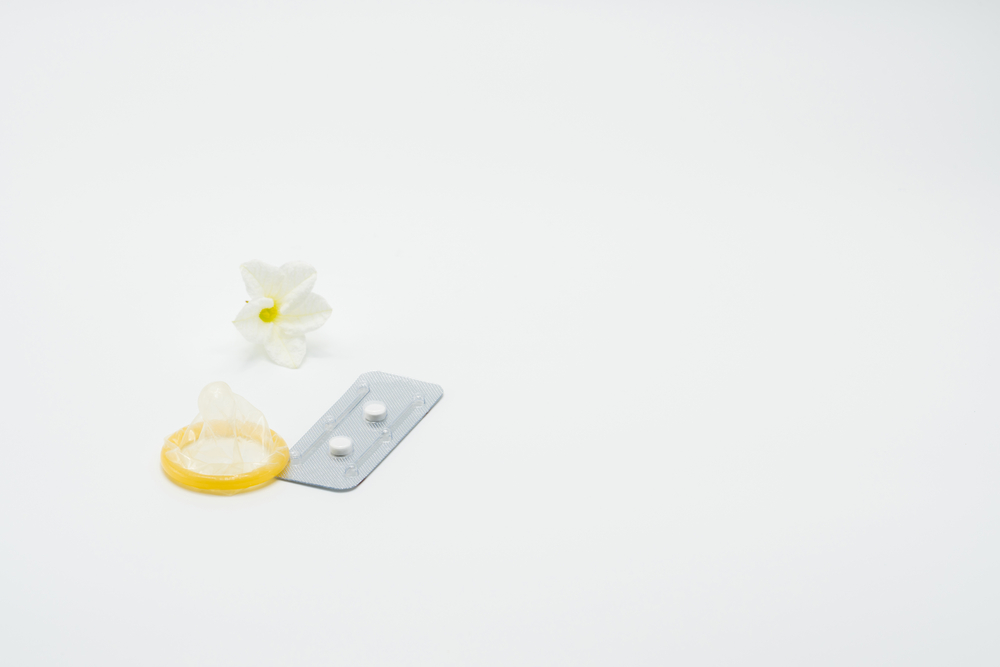Why emergency contraception should only ever be your ‘Plan B’
The emergency contraceptive pill (ECP), otherwise known as the ‘morning-after pill,” is a birth control measure that was developed to help women prevent pregnancy after having unprotected sex, or in the event that their regular birth control method failed during intercourse. It is intended to be used as a backup contraception method only, so if your condom broke, you forgot to take your pill, or you experienced sexual assault, the morning-after pill can provide you with that emergency protection, up to five days from when the intimate experience took place.
Ask, and you will receive
Some morning-after pills, like Ella, contain ulipristal acetate and must be purchased using a prescription. However other brands containing levonorgestrel, such as Plan B, One-Step, and its generic form, Levonelle, are available over the counter and can easily be purchased from your local pharmacy, by simply asking for it. This is great for those in need of emergency contraception, as the morning-after pill is NOT an abortion pill and does have a time limit to its effectiveness. Rather, the morning-after pill delays ovulation, preventing eggs from being released from the ovary, so that it cannot be fertilized by the sperm from the unprotected sexual encounter.
The risks do not always outweigh the rewards
While taking the morning-after pill after a single sexual encounter can seem like a great option for those who do not enjoy the side effects of hormonal birth control or recoil at the “ick factor” of barrier methods, ECP should only ever be used as intended, in emergency situations – not as primary protection.
Note that the morning-after pill was developed to protect against singular sexual experiences. It will not protect you against future unprotected sex, nor will it prevent you from contracting sexually transmitted infections.
What’s more, emergency contraception is not fool-proof. One-dose ECP prevents pregnancy roughly 50-100% of the time and can fail due to a host of reasons ranging from your ovulation time and BMI to interactions with other medications you may be taking. And even if you’ve taken the morning-after pill within the right window of time and at the right point in your cycle, you will still need to use another form of contraception or abstain from sex altogether, for at least seven days.
Side effects from taking the morning-after pill can include:
● Fatigue
● Nausea
● Vomiting
● Dizziness
● Headache
● Tender breasts
● Lower abdominal cramping
● Bleeding between periods or a heavier menstrual flow
These symptoms can last for a few days after taking ECP.
An emergency solution for long-term protection
The morning-after pill is not the only emergency contraceptive method on the market. The copper IUD can be inserted after unprotected sex to prevent fertilization without the use of hormones. If inserted within 5 days of having unprotected sex, it can reduce the risk of pregnancy by up to 99%, without the hormonal side effects experienced when taking ECP. Once inserted, this method of contraception can be left inside of the uterus for five to ten years, depending on the brand selected, providing you with safe and reliable contraception, without so much as a second thought.
Keep in mind that the IUD does not protect against STIs. It is important to always know your partners’ sexual health, use a barrier method, such as a condom, to protect against STI transmission, and regularly visit your gynecologist to stay on top of your sexual health.
Prevent accidents. Schedule an appointment with Dr. Gutman to find the right birth control method for you, today!
